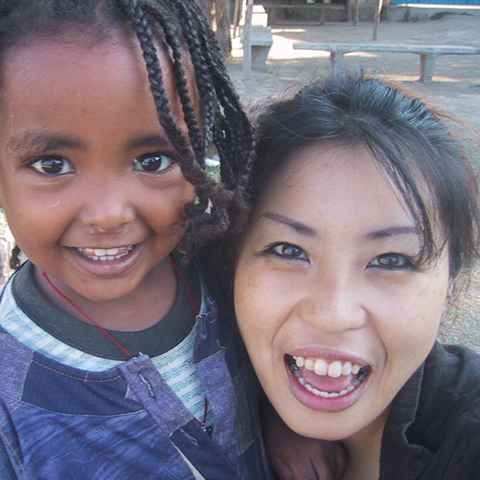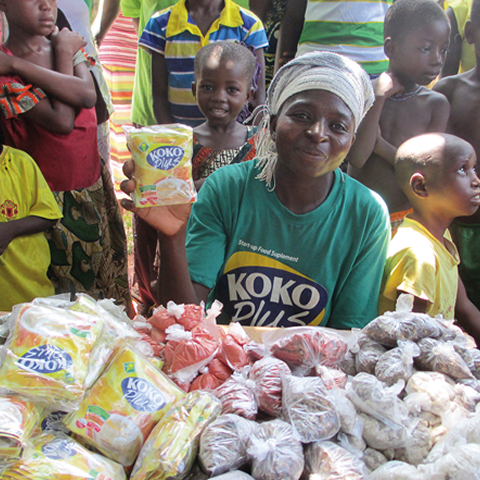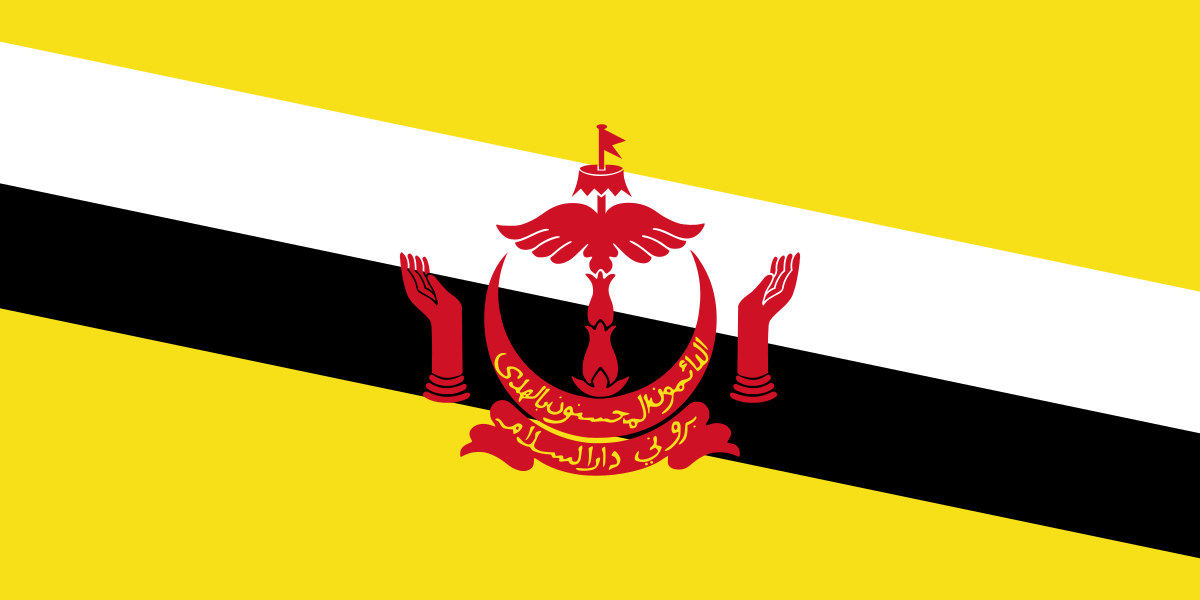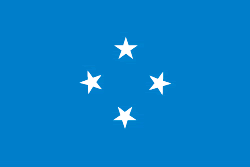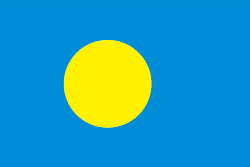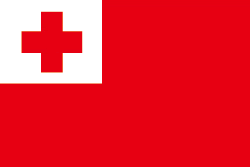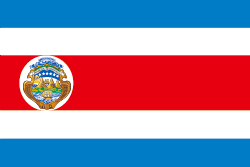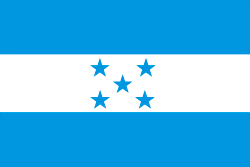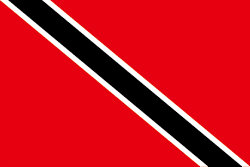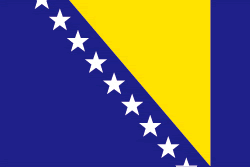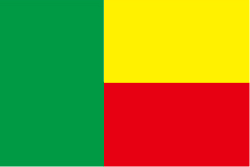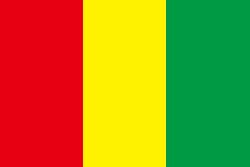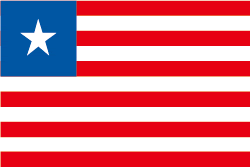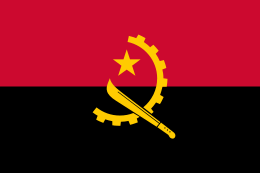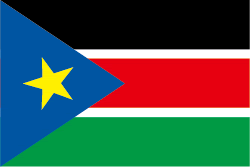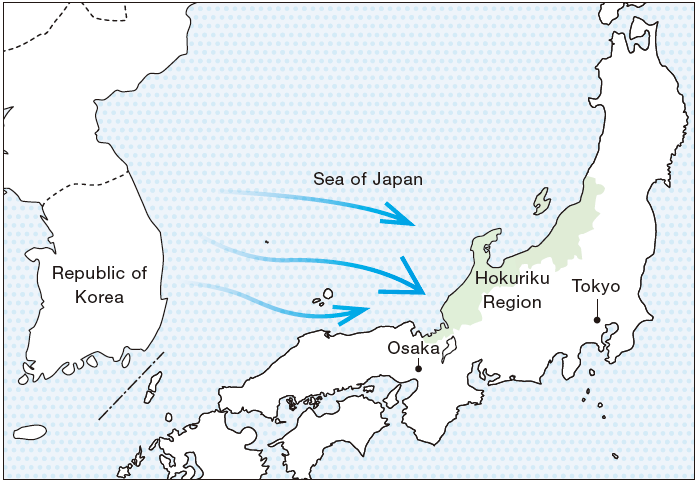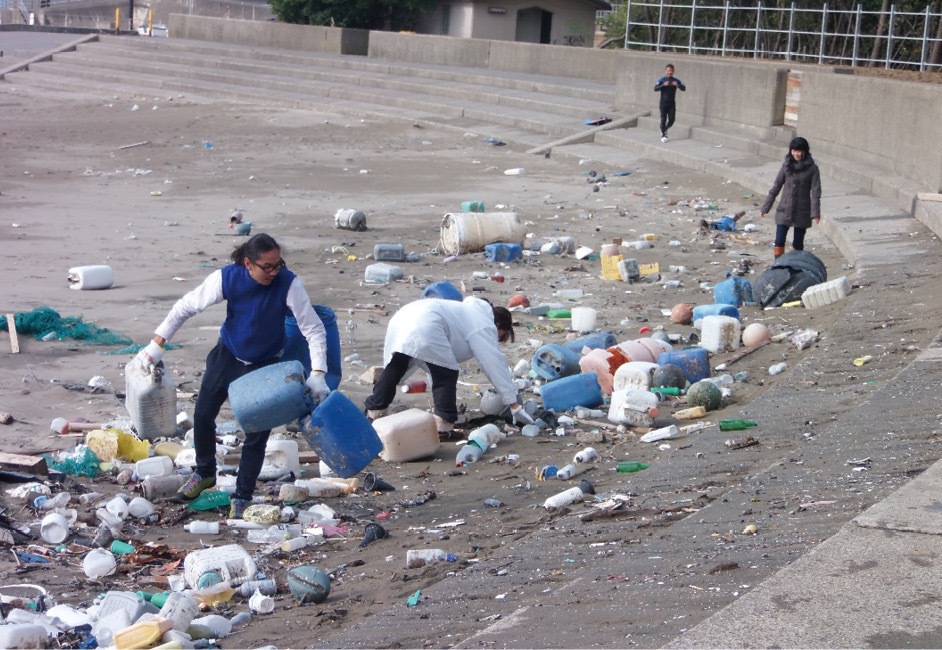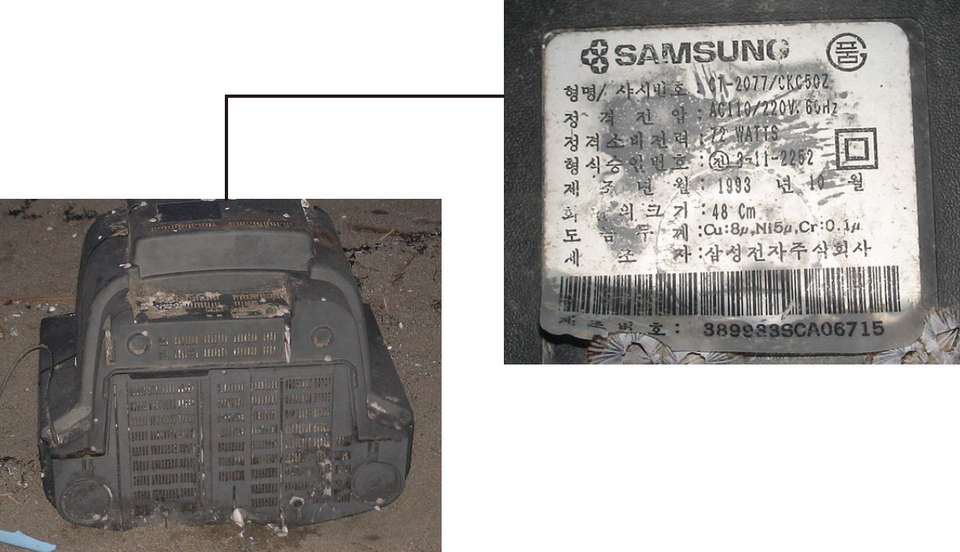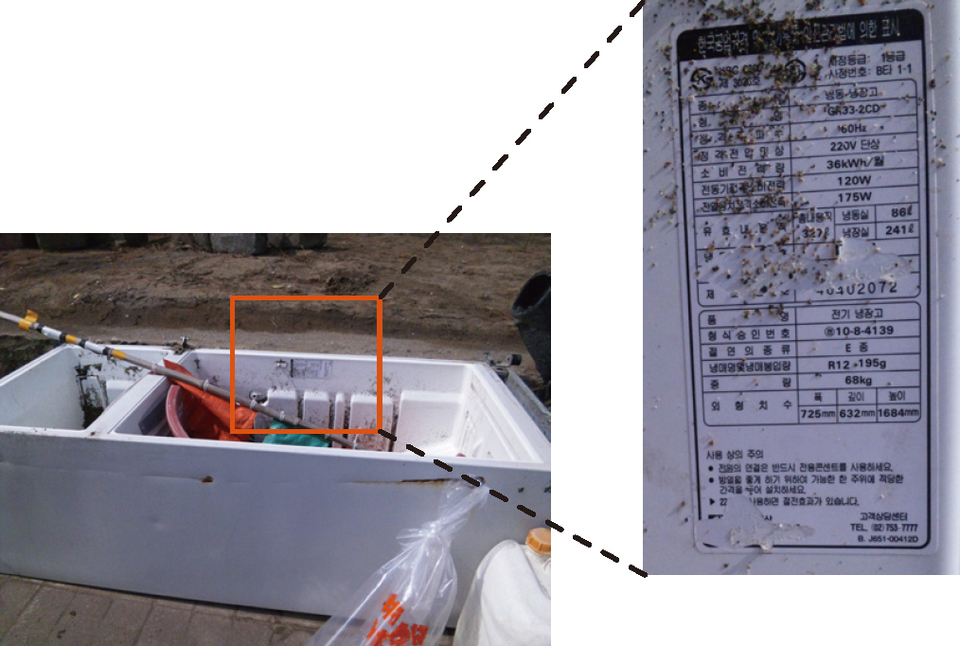In a small coastal town on the Sea of Japan, a group of people is working diligently to keep the beaches clean. We followed the cleanup efforts led by a woman in the Hokuriku region.
Debris from current in the Sea of Japan often washes ashore on the popular beach destination that is on a bay that faces northwest. We asked a woman, who leads the beach cleanup efforts, about what kinds of things turn up.
She explained that trash typically consists of things like fishing gear, plastic bottles, and polyethylene tanks. And sometimes they find medical waste such as syringes. More than half of the debris comes from outside of Japan, and most of that has Korean writing on it. What is more surprising is that sometimes several items of the same thing wash ashore—leading one to suspect that they were disposed of systematically and intentionally. She also said that medical waste and polyethylene tanks contain residual hazardous substances, such as caustic soda, and are extremely dangerous; because of this they have to take special care to keep children away during their clean up activities.
People who throw such things away must not have given any thought to where they will end up. “In the past when waste was dumped into the sea it eventually dissolved and returned to nature because it was made from organic materials such as straw and wood. By contrast, these days more materials are man-made, and they do not break down when thrown away; they just float along with the current. I think that people’s way of thinking has not kept up with such changes. We want to convey a simple message to Koreans: Don’t dump into the ocean! Don’t pollute the ocean.”
She went on to say, “Some time ago when I heard that trash from Japan was washed ashore in Hawaii, it made me feel ashamed. If people who throw trash into the sea understand that such garbage causes problems far away and share a sense of shame, perhaps things will change.”
The group currently has around 30 members, who conduct cleanup activities once a month. They work with the local government, which supports them by collecting the trash free of charge. They also work to educate children about the importance of keeping the environment clean by having parents pick up trash with their children, especially during school summer holidays and after local events.
The west-facing bay is the final destination for debris that drifts in on the ocean currents, and because the garbage never stops coming, some members comment that the work is never-ending. Despite this, the group continues to work with the following conviction:“If we keep up these efforts, in the end there will be no more trash.”
In this way, the marine environment is protected by the diligent efforts of people who are embracing the sea. People who throw trash into the sea need to be conscious of what is happening and understand the negative consequences of littering.
Recently, a movement to change the name of the Sea of Japan to the East Sea has gained attention in the United States. However, we have to think about this carefully. If we truly care about these waters, preserving the marine environment is far more important than trying to change its name. The ocean transcends national borders. Every person who benefits from the ocean’s bounty must think about the ocean as a whole as well as those on the other sides of it and join together to protect our global marine environment.
Plastic products like polyethylene tanks and fishing gear, such as rope and buoys, are inorganic and therefore not biodegradable. A considerable amount of trash, such as bottles containing chemicals that you wouldn't even want to touch, 6 also wash ashore.





























